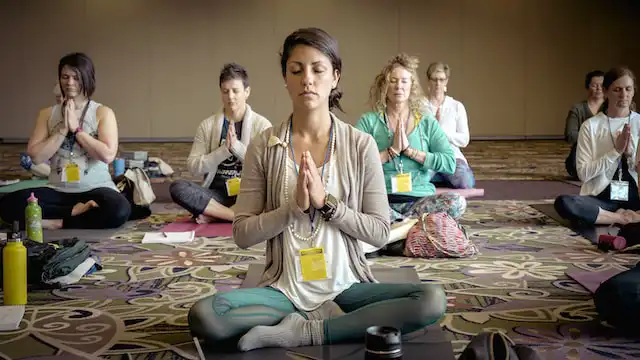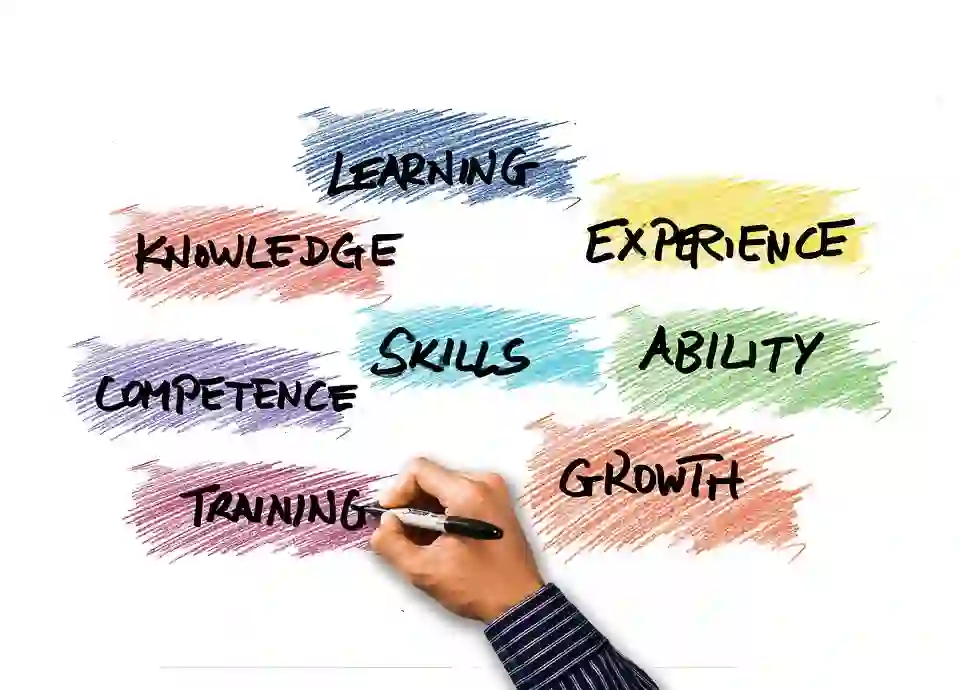Meditation has been practiced for centuries and has numerous benefits, including reducing stress, improving focus and concentration, and promoting overall well-being. Despite its many advantages, many people find it difficult to establish a regular meditation practice. In this article, we will explore some tips and techniques to help you develop a daily meditation practice.
Understanding the Basics of Meditation
Before we dive into how to develop a daily meditation practice, it’s important to understand the basics of meditation. Meditation involves training your mind to focus and be present at the moment. It can be done in a variety of ways, including mindfulness meditation, mantra meditation, and visualization meditation.
In mindfulness meditation, the goal is to focus on the present moment without judgment. This can be done by focusing on your breath, bodily sensations, or surroundings. In mantra meditation, a word or phrase is repeated to help focus the mind. Visualization meditation involves visualizing a specific scene or image to help calm the mind.
Setting a Goal for Your Meditation Practice
One of the keys to developing a daily meditation practice is setting a goal for yourself. This goal can be as simple as meditating for five minutes every day or as complex as completing a 30-day meditation challenge. Whatever your goal may be, it’s important to make it specific, measurable, achievable, relevant, and time-bound (SMART).
Creating a Consistent Routine
Establishing a consistent routine is another important factor in developing a daily meditation practice. Choose a specific time of day that works best for you and stick to it. This could be in the morning before work or in the evening before bed. It’s also helpful to create a designated space for your meditation practice, whether it’s a corner in your bedroom or a quiet space in your office.
- Choose a specific time of day to meditate
- Create a designated space for your practice
- Set a reminder or alarm to help you stay consistent
- Be flexible and turn to adjust your routine as needed
- Start with shorter meditation sessions and gradually grow the time
Starting with Shorter Meditation Sessions
If you’re new to meditation, it’s important to start with shorter sessions and gradually work your way up. This can help you avoid burnout and make your practice more sustainable. Start with just a few minutes each day and gradually grow the time as you become more comfortable with the practice.
Staying Accountable
Staying accountable is another important factor in developing a daily meditation practice. Consider finding a meditation partner or joining a meditation group to help keep you motivated and on track. You can also use a meditation app or journal to track your progress and reflect on your experiences.
Developing a daily meditation practice takes time and effort, but the benefits are well worth it. By understanding the basics of meditation, setting a goal, creating a consistent routine, starting with shorter sessions, and staying accountable, you can establish a regular meditation practice that will help you reduce stress, improve focus and concentration, and promote overall well-being. Remember, meditation is a personal practice, so be patient with yourself and allow yourself to explore different techniques until you find what works best for you.
And Read The Pros and Cons of Working from Home
If you want more information about the same topic go to this website
















4 Comments